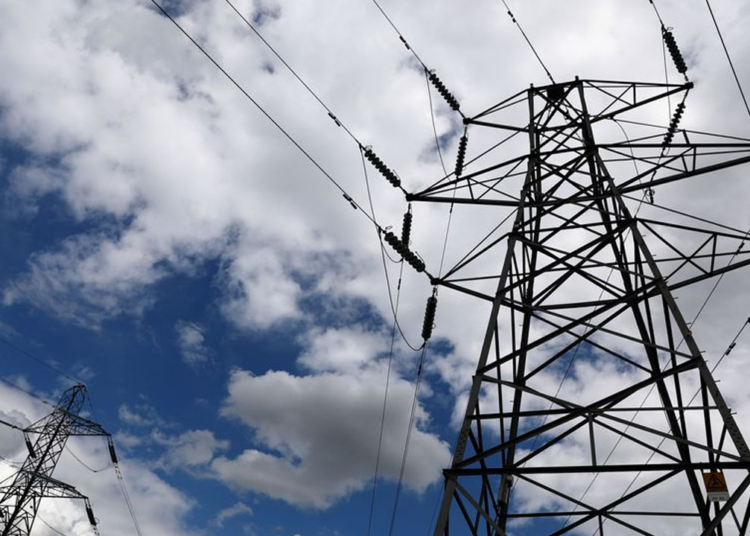Nigerian Electricity Regulatory Commission (NERC) has said it will conduct an investigative public hearing to address the recurring grid collapses and widespread outages.
This is as the Transmission Company of Nigeria(TCN) said it has restored power after the national grid collapsed again on Saturday morning.
The commission said in a statement posted on its X handle on Saturday that the date and venue of the public hearing will be announced in the national dailies.
Earlier on Saturday, Nigeria’s electricity grid collapsed again, throwing several cities into darkness.
Electricity companies announced that the grid collapsed around 08:15 a.m. on Saturday. This latest collapse comes days after the grid collapsed on Tuesday.
LEADERSHIP reports that the system failure happened at about 8.15 am today, Saturday October 19. The latest was the third collapse in just five days and the 8th collapse in the last nine months in 2024.
At the time of the collapse, power supply across the grid dropped to zero megawatts (MW), disrupting distribution to all electricity distribution companies (DisCos).
The statistics from the TCN revealed further that by 9:00 a.m., the grid recorded a partial recovery, supplying 140 MW, distributed as follows: Benin Disco (50 MW), Ibadan Disco (60 MW), and Ikeja Disco (30 MW).
However, power is gradually returning, with 720 megawatts of electricity restored as of 3.25pm on Saturday.
“Our engineers at Jebba have successfully carried out switchings, isolating the faulty current transformer. They have equally reconfigured the busbar arrangement, restoring power supply to the station, and other parts of the grid,” Ms Mbah said.
In its statement on Saturday, NERC said it notes with concern the recent escalating incidence of grid disturbances, which often lead to power outages in several states, thus reversing many of the gains recently achieved in reducing the infrastructure deficit and improving grid stability.
“Initial reports on the grid disturbance that occurred this morning indicate that today’s outage was triggered by an explosion of a current transformer at the Jebba transmission station at 0815 hrs and associated cascade of power plants shutdown arising from the loss of load.”
The commission said efforts were made to restore power supply across the country with power significantly restored, as at 1300 hrs, in 33 states and the FCT.
“In line with the provisions of the Electricity Act 2023, the unbundling of the System Operator function (ISO) out of Transmission Company of Nigeria Plc is ongoing with the expectation that an independent SO would engender more discipline in grid management and optimised investment in infrastructure.
“In pursuit of finding a permanent resolution to the challenges of the national grid, the commission shall shortly conduct an investigative public hearing with a view to identifying immediate and remote causes of recurring incidence of grid disturbances and widespread outages.
“The date and venue of the public hearing will shortly be announced in the national dailies and stakeholders are encouraged to participate,” the statement said.
Other DisCos, including Abuja, Kano, and Port Harcourt, remained without supply.
However, spokesperson of Kano DisCo, Sani Baba Sani, told our Correspondent at about 4pm that power had just been restored. Further efforts to restore the grid saw power generation increase to 220 MW by 10:40 a.m.
Similar incidents on Monday, October 14, at 6:48 p.m., and Tuesday, October 15, around 10:00 a.m, threw the nation into darkness.
The repeated failures have raised concerns about the stability of the national grid and the capacity to sustain consistent power supply.
Spokesperson of Ikeja Electric Kingsley Okotie had also confirmed the power disruption due to the collapse but said power had been restored.
Platforms Africa reports that the majority of Nigerian manufacturers, industries and other bulk electricity users are already boycotting the country’s national grid for other alternatives.
The Minister of Power, Adebayo Adelabu recently attributed the development to aged infrastructure and that the government is planning to provide alternative grids across regions.





